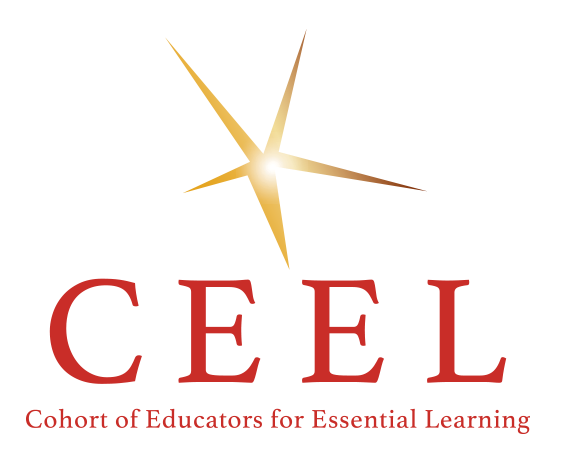This summer I find myself in a strange position; for the first time in almost fifteen years, I am not preparing my classes for the coming year. I will be leaving the classroom for a full time position as a high school instructional coach.
I first read about instructional coaching in a New Yorker article by the surgeon Atul Gawande only a few years ago, and I was transfixed. “That is my dream job,” I remember saying.
Lucky for me, the administration at my school does a very cool thing every year when contract renewal comes up in the fall; we are all given a form to fill out, on which we indicate if we plan to return the following year or not. If so, there is a space for us to write any jobs at the school that we would like, even if they do not currently exist. I have never had an employer do this, and I think it’s a great way to develop talent and innovation in a school. Who knows what people have to offer unless you ask? I took the opportunity to write down “Instructional coach,” and it just so happened that the powers that be had been mulling over the coaching model for a couple years prior. Last year, the board approved the budget, and three coaching jobs were offered (one for each division), and I got my dream job. Syzygy.
In the international school circuit, where I teach, the instructional coaching model is in a nascent state. There have long been literacy coaches and sometimes math coaches in elementary school settings, but I find more often than not when I tell my global teaching friends that I will be a high school instructional coach next year, most of them say, “What’s that?”
Good question. The exciting and terrifying thing about being the school’s first high school instructional coach is that no one has done it at our school before. Our coaching team did some research this spring, attending coaching conferences, reading about various models and research, and interviewing colleagues in the field who have used one model or another in their schools, and we have decided that the model that best fits our learning environment is Diane Sweeney’s student-centered coaching. The basic idea is that an instructional coach, or “learning coach” in Sweeney speak, is someone who:
– Helps teachers achieve their learning goals based on student evidence.
– Focuses on student learning, not teacher’s instruction per se
– Is not admin; she is not in a supervisory role, but she works with admin and faculty to achieve learning outcomes
– Coaches in cycles of 4 – 6 weeks, or longer as necessary, to achieve a specific goal with a teacher or team of teachers.
– Helps teachers set goals that might be specific to a task (“improve persuasive writing”) or general (“increase participation”); he will look to evidence for examples of where students currently stand in relation to the goal and, later in the cycle, evidence of whether they have reached the goal or not.
Our coaching team really loved the focus on student-centered learning and student evidence to measure progress toward goals, as we felt that models that centered on teachers’ instruction might create more tension between coach and teacher. We look forward to the challenge of this new initiative at our school and hope it will improve learning.
In any case, I am gearing up for an exciting shift in my role as an educator. While I will truly miss having students every day (I really do love them), I will not miss the grading!
I’d love to hear anyone’s experience with coaching out there — the good, the bad, and the ugly. Please share if you have any insights or words of wisdom on coaching, changing roles, or leaving the classroom.


6 thoughts on “From Teacher to Coach”
Loved the idea of creating your own dream job! Can’t wait to hear how it goes!!!
Thanks, Diane! You can be sure there will be many updates as we travel this new terrain. So excited to have your model as our map.
I am so excited to be working with a team of amazing coaches. I look forward to developing our model together, Alexis, Tracy and Jancey!
I am so happy I found your blog! I am also going to be starting work as an instructional coach this fall, but I will still be teaching part time. My job will be work with our middle school English dept. specifically. I am familiar with Jim Knight’s work but not so much with Diane Sweeney, though I will be looking into it. We are still in the exploration phase and looking at different models. I am eager to hear more about your work.
I have attended a Jim Knight conference and also found it very helpful. I was floored by Sweeney’s approach, though, to keeping the focus on the student learning rather than “instruction.” Subtle but powerful shift that helps create more of a team working toward a common goal rather than a “let me show you how to do it” tack. Let me know how it goes!
Congratulations on getting this position. I work primarily in a coaching role as well, but it’s so much more informal. Your insights are helpful. I look forward to seeing how the first year went for you.